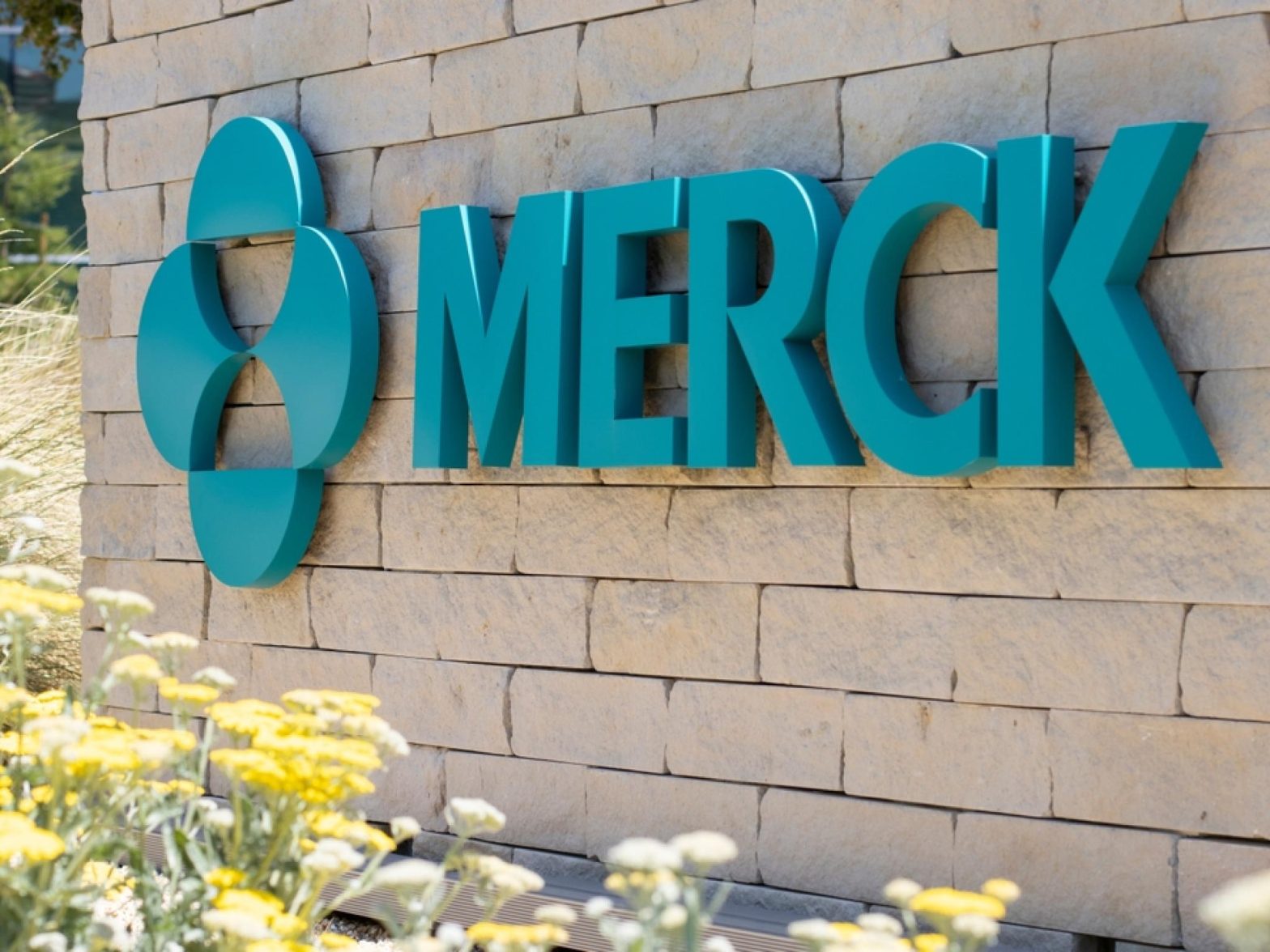Who would have thought automakers would one day be embedded deep in the mining sector? But that’s a new reality as the companies try to secure crucial lithium supplies as the race to electrify the auto industry heats up. The automakers led by General Motors and Tesla have been investing in mining companies as they look to secure the crucial minerals needed to develop electric vehicles.
Auto Mining Investments
Mining companies with exposure to lithium, nickel, graphite, and other materials used in battery making are increasingly attracting investments from automakers. Others have emerged as potential acquisition targets, as every company wishes to be included in the EV revolution. The growing investments by the auto industry are an admission that mining companies are yet to realize the expected demand for crucial minerals.
While rigid schedules and clockwork precisions dominate the Auto industry, the mining industry is always a domain of delays and cost overruns. Most mining companies also operate while wary of whether their operations will bear any fruits. Unlike auto companies, mining companies have always used billions of dollars generated from their operations to reward investors rather than invest in new projects.
Consequently, the auto companies use their deep pockets to incentivize mining companies to get them up and running. They are also guaranteeing a ready market for the extracted materials as demand for electric vehicles amid the push to decarbonize the auto industry heats up.
Early this year, General Motors entered into a joint development project with Vancouver-based Lithium Americas. With the deal, the giant automaker will have exclusive access to lithium extracted from a site in Nevada. The company plans to sell over 2 million EVs annually starting in 2025, which will be made possible if it has access to the crucial minerals.
Ford has also confirmed it will invest an undisclosed amount to buy an equity stake in a nickel mine in Indonesia. Last year EV giant Tesla contracted mining companies, securing crucial supplies for lithium hydroxide and cobalt. On the other hand, Stellantis is investing $155 million in a copper mine in Argentina.
Growing Lithium Demand
Demand for lithium, a key component in rechargeable batteries, is poised to outstrip supply unless the mining sector accelerates mining operations. Tesla CEO Elon Musk has already reiterated that a lack of steady supply of processed lithium is a big headwind in the race to mass-produce electric vehicles.
In addition to doing everything necessary to accelerate mining operations, auto companies are also setting up battery plants. The plants are increasingly cropping up in Europe, Australia and the US as the auto companies look to be at the forefront in developing the much-needed lithium-ion batteries. By keeping everything in-house instead of outsourcing, the company hopes to bring down the overall cost of producing an EV
German automaker Volkswagen has already reached an agreement with PowerCo to set up a battery plant in North America. Located in Ontario, the plant is to start producing batteries for electric cars in 2027. The plant should help the company cut its battery costs by half. Tesla has also set up a gigafactory in Texas as it continues to produce its batteries in house.

